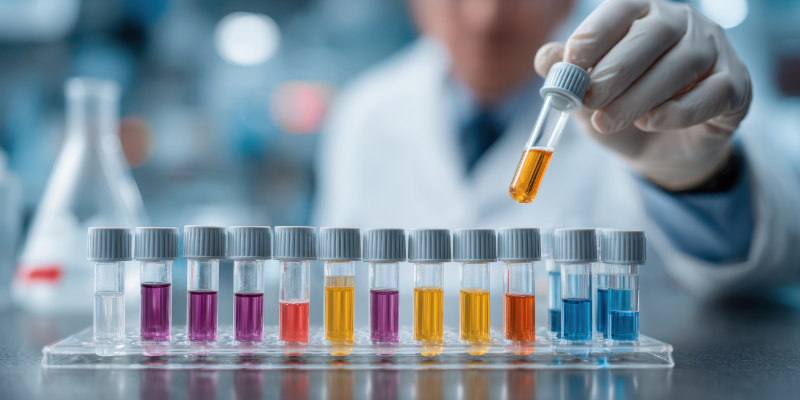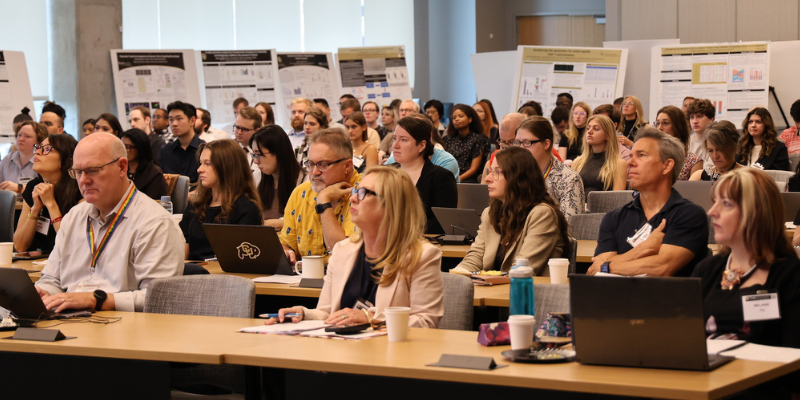James Roede, PhD, an Assistant Professor in the Department of Pharmaceutical Sciences, was recently awarded two different Administrative Supplement Awards attached to his prestigious Outstanding New Environmental Scientist Award from NIEHS (National Institute of Environmental Health Sciences) - a division of NIH (National Institutes of Health). The awards, Research Project Grant (R01) and accompanying supplements, provide just over $1 million dollars for Dr. Roede and his lab.
Both of the supplement grants he's received involve Down syndrome studies and employ cutting-edge induced pluripotent stem cell and – omics technologies. Induced pluripotent stem cells (iPSCs) are a type of stem cell that can be generated directly from adult cells, like skin cells. The cells can be "reprogrammed" to an embryonic stem cell-like state. Omics refers to the collective technologies used to explore the roles, relationships, and actions of the various types of molecules that make up the cells of an organism.
For one of the supplement awards, Dr. Roede is using iPSCs to compare cells from Down syndrome individuals and cells from individuals that harbor the APOE4 mutation, a genetic condition that also results in the development of Alzheimer's. His goal is to explain the molecular mechanisms involved in early-onset Alzheimer's disease. Like those with the APOE4 mutation, someone with Down syndrome is also more likely to develop early-onset Alzheimer's. The funding for this research comes from a $22.2 million award that NIH received to bolster support for Down syndrome research. It is part of a project, launched in June of 2018, in response to a Congressional directive to investigate critical health and quality-of-life needs for individuals with Down syndrome. According to NIH, funding for Down syndrome research will total an estimated $59 million in 2018, with further support anticipated in 2019, pending availability of funds.
The other supplement award Dr. Roede received focuses on addressing why medications can be more toxic to someone with Down syndrome. His lab is researching the characteristics of Down syndrome liver cells and their ability to metabolize and detoxify pharmaceuticals and environmental pollutants. The preliminary data indicate that individuals with Down syndrome may be sensitive to the toxic effects of xenobiotics due to their enhanced basal levels of stress. This research, “Will help shed light on issues pertaining to drug efficacy and toxicity in this understudied population.” Dr. Roede explains.
Current Toxicology students Stefanos Aivazidis, Colin Anderson, and Kendra Prutton are working on the research for these two supplements with Dr. Roede, "I'm excited to see what our students discover and where it takes us," says Roede. "I have great students in my lab with some great ideas."
Congratulations to Dr. Roede on receiving the supplement awards!



